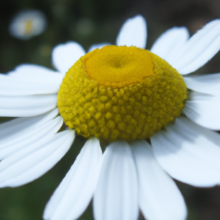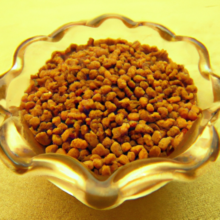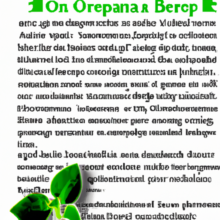Boosting Lung Health With The Power Of Mullein Leaf
If you’re looking for a natural way to improve your lung health, look no further than the power of Mullein Leaf. Known for its numerous medicinal properties, Mullein Leaf has been used for centuries to treat various respiratory conditions. From soothing coughs and congestion to reducing inflammation and promoting healthy respiratory function, this versatile herb is a true powerhouse when it comes to boosting lung health. In this article, we will explore the benefits of Mullein Leaf and how you can incorporate it into your daily routine for better respiratory wellness. So, let’s dive in and discover the amazing potential of Mullein Leaf for your lungs!
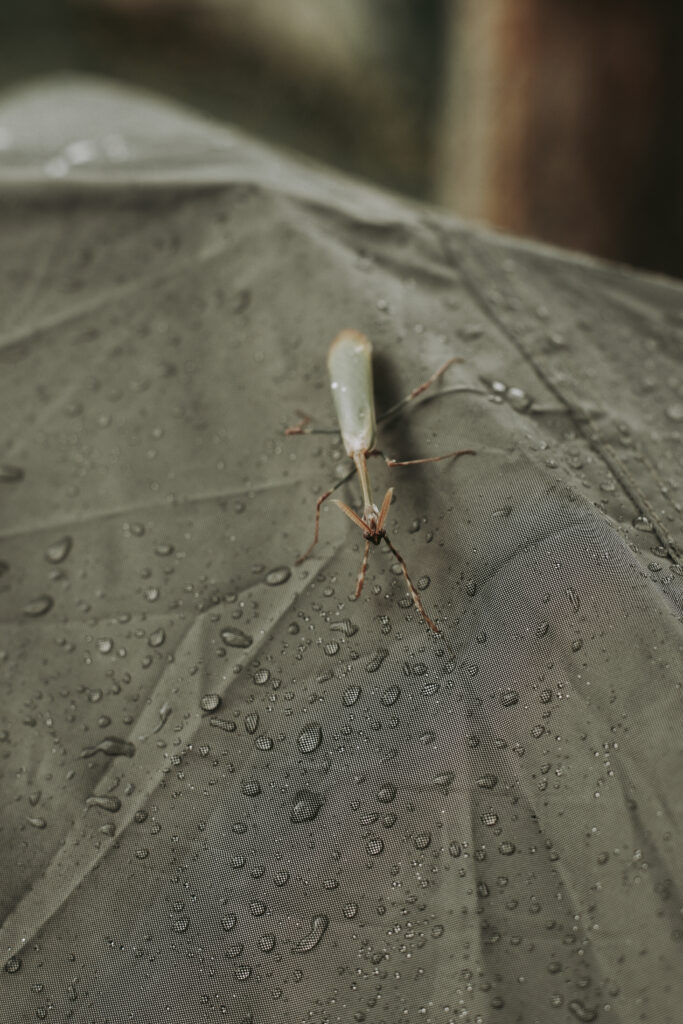
What is Mullein Leaf?
Mullein leaf, also known as Verbascum thapsus, is a medicinal herb that has been used for centuries due to its numerous health benefits. It is a biennial plant that can grow up to 7 feet tall and is characterized by its large, fuzzy leaves and vibrant yellow flowers. The leaves of the mullein plant are the most commonly used part for therapeutic purposes, as they contain a wide variety of bioactive compounds that contribute to its medicinal properties.
Description
The mullein plant is native to Europe and Asia, but it can now be found growing in various regions around the world. Its leaves are soft and velvety to the touch, which is why it is often referred to as “lamb’s ear” or “flannel leaf.” The flowers of the mullein plant bloom in the summer months and are known for their striking yellow color. These flowers attract various pollinators, such as bees and butterflies, making mullein an excellent addition to a garden.
Traditional uses
Mullein leaf has a long history of use in traditional medicine systems across the globe. Native American tribes have used mullein for centuries to treat respiratory ailments, such as coughs, bronchitis, and asthma. European herbal medicine also recognizes mullein as a valuable herb for respiratory health and often uses it to alleviate congestion and soothe irritated airways. Ayurvedic practices incorporate mullein leaf in various formulations to support lung health and promote overall well-being.
Nutritional profile
While mullein leaf is not commonly consumed as a food, it still possesses a notable nutritional profile. The leaves are a good source of vitamins, including vitamin C, vitamin B2 (riboflavin), and vitamin B3 (niacin). They also contain essential minerals like potassium, calcium, and magnesium. Additionally, mullein leaves contain mucilage, a gel-like substance with soothing properties that can help alleviate respiratory discomfort.
Benefits of Mullein Leaf for Lung Health
Reducing inflammation
One of the key benefits of mullein leaf for lung health is its ability to reduce inflammation. Inflammation in the respiratory system can lead to various respiratory conditions and symptoms, such as wheezing, coughing, and shortness of breath. The bioactive compounds present in mullein leaf have anti-inflammatory properties that can help calm the inflamed tissues in the lungs, providing relief from respiratory discomfort.
Relieving cough and congestion
Mullein leaf has long been used as a natural remedy for coughs and congestion. It acts as an expectorant, meaning it helps to loosen and expel mucus from the respiratory tract. By doing so, mullein leaf can provide relief from chest congestion and help alleviate coughing. Its soothing properties also help to calm irritated airways, reducing coughing fits and promoting overall respiratory comfort.
Supporting respiratory function
The compounds found in mullein leaf have been shown to support respiratory function. They can help to strengthen the lungs and improve their overall capacity, making it easier to breathe. Regular consumption of mullein leaf or its preparations can help maintain healthy respiratory function and enhance lung health.
Clearing mucus
Mullein leaf’s ability to clear mucus from the respiratory system makes it a valuable herb for those suffering from conditions like bronchitis or sinusitis. The mucilage present in mullein leaf helps to loosen thick and stubborn mucus, making it easier to expel from the body. This clearing action can provide relief from congestion and promote a healthier respiratory system.
Fighting infections
Mullein leaf exhibits antimicrobial properties, making it an effective herb for fighting respiratory infections. The bioactive compounds present in mullein leaf have been found to have activity against various bacteria and viruses, helping to prevent and alleviate respiratory infections. Regular use of mullein leaf can boost the immune system and protect against common respiratory pathogens.
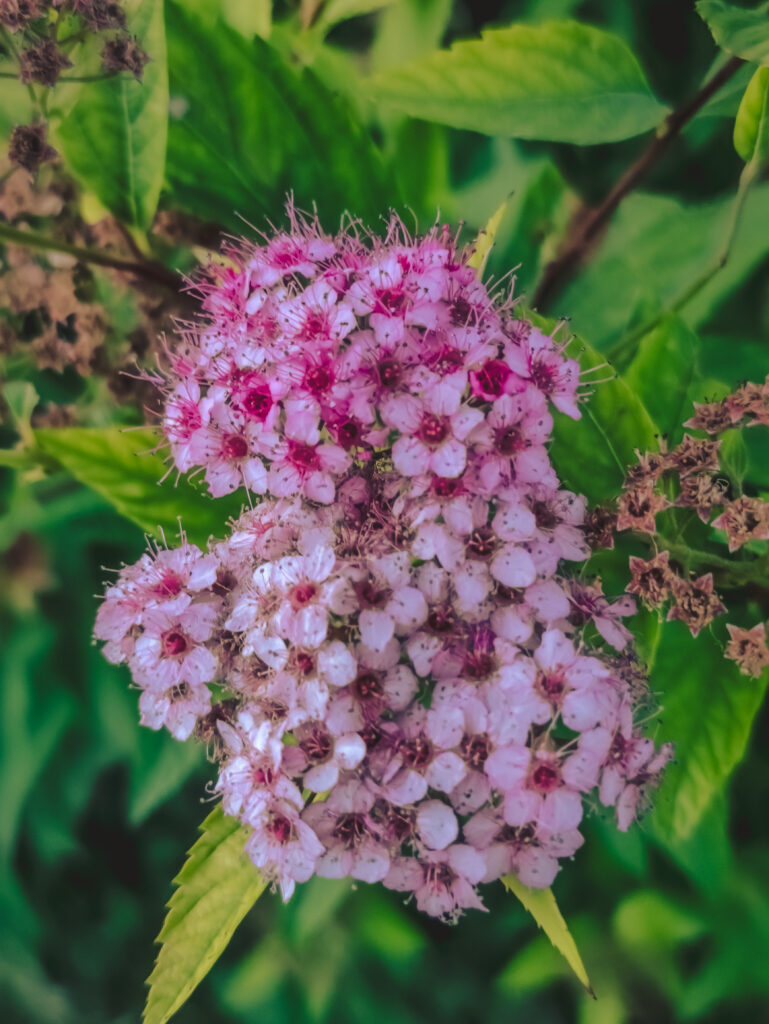
Methods of Preparation
Tea
One of the most common and effective ways to consume mullein leaf is by brewing it into a tea. To make mullein leaf tea, simply steep 1-2 teaspoons of dried mullein leaves in a cup of hot water for 10-15 minutes. Strain the tea and enjoy. This method allows the beneficial compounds in mullein leaf to infuse into the hot water, creating a soothing and therapeutic beverage.
Steam inhalation
Steam inhalation with mullein leaf is a great way to directly target the respiratory system and alleviate congestion. Simply add a handful of dried mullein leaves to a large bowl of boiling water. Place a towel over your head, creating a tent-like structure, and lean over the bowl. Breathe in the aromatic steam for about 10-15 minutes, allowing the properties of mullein leaf to penetrate your airways and provide relief.
Tincture
Mullein leaf tinctures are concentrated extracts that can be taken orally for respiratory support. Tinctures are made by soaking mullein leaves in alcohol or a mixture of alcohol and water for several weeks, allowing the beneficial compounds to be extracted. Follow the recommended dosage instructions provided on the tincture bottle or consult a healthcare professional for guidance on proper usage.
Capsules
For those who prefer a more convenient and standardized method of consumption, mullein leaf is available in capsule form. These capsules contain dried and powdered mullein leaf, providing an easy way to incorporate mullein into your daily routine. Follow the dosage instructions provided on the product packaging or consult a healthcare professional for personalized guidance.
Smoke remedy
In traditional Native American remedies, mullein leaf has been used as a smoke remedy to support respiratory health. The dried leaves are rolled into a cigarette-like form and smoked. It is believed that the smoke helps to deliver the beneficial compounds directly to the lungs, providing quick relief from respiratory discomfort. However, it is important to note that smoking mullein leaf may not be suitable for everyone and can have adverse effects on respiratory health.
Dosage and Safety Considerations
Recommended dosage
The appropriate dosage of mullein leaf can vary depending on factors such as age, health status, and the method of preparation. As a general guideline, consuming 1-2 cups of mullein leaf tea daily or following the recommended dosage instructions provided on commercial products, such as tinctures or capsules, is typically safe. However, it is always advisable to consult a healthcare professional before starting any new herbal regimen, especially if you have pre-existing medical conditions or are taking medications.
Possible side effects
Mullein leaf is generally considered safe for most individuals when used as directed. However, like any herb, it can cause side effects in some individuals. These side effects may include mild gastrointestinal discomfort, skin irritation, or allergic reactions. If you experience any adverse reactions after consuming mullein leaf, discontinue use and seek medical attention if necessary.
Caution for certain individuals
While mullein leaf is safe for most individuals, there are certain groups who should exercise caution when using this herb. Pregnant or breastfeeding women should consult with their healthcare provider before using mullein leaf. Additionally, individuals with known allergies to plants in the Scrophulariaceae family, which includes mullein, may experience a cross-reactive allergic reaction and should avoid mullein leaf.

Research Studies on Mullein Leaf
Study 1: Effects on bronchial asthma
A study published in the Journal of Ethnopharmacology investigated the effects of mullein leaf on bronchial asthma. The study found that mullein leaf extract exhibited bronchodilatory effects, meaning it helped to widen the airways and improve airflow in individuals with asthma. The researchers concluded that mullein leaf could be a potential natural remedy for managing bronchial asthma symptoms.
Study 2: Antimicrobial activity
In a study published in Phytotherapy Research, researchers tested the antimicrobial activity of mullein leaf against various bacteria and fungi. The results showed that mullein leaf extract demonstrated significant antimicrobial activity against both gram-positive and gram-negative bacteria, as well as certain fungi. These findings support the traditional use of mullein leaf in fighting respiratory infections.
Study 3: Anti-inflammatory properties
A research article published in Inflammopharmacology investigated the anti-inflammatory properties of mullein leaf extract. The study found that mullein leaf extract exhibited potent anti-inflammatory effects by inhibiting the production of inflammatory mediators. These findings suggest that mullein leaf can effectively reduce inflammation in the respiratory system, supporting its traditional use for respiratory ailments.
Using Mullein Leaf in Traditional Medicine
Native American remedies
Native American tribes have a long history of using mullein leaf in their traditional remedies for respiratory health. They would brew mullein leaf tea or smoke the dried leaves as a way to clear mucus, alleviate coughs, and soothe irritated airways. Mullein leaf was highly regarded as a sacred plant with powerful healing properties, and its usage was passed down through generations.
European herbal medicine
Mullein leaf has been a staple in European herbal medicine for centuries. Herbalists would prepare mullein leaf infusions, syrups, or tinctures to treat respiratory conditions such as bronchitis, pneumonia, and asthma. It was well-known for its ability to alleviate congestion, soothe coughs, and support overall respiratory health.
Ayurvedic practices
In Ayurvedic practices, mullein leaf is often prescribed as part of herbal formulations to support lung health. Ayurvedic experts believe that mullein leaf helps balance the Kapha dosha, which governs the respiratory system. Its warming and drying properties are believed to clear excess mucus and promote normal breathing. Ayurvedic practitioners may incorporate mullein leaf in herbal remedies tailored to individual health needs.
Other Ways to Improve Lung Health
While mullein leaf can be a valuable addition to your lung health regimen, there are several other lifestyle factors that can contribute to better respiratory wellness. Here are some additional strategies to consider:
Quit smoking
Smoking is one of the most harmful habits for lung health. If you are a smoker, quitting smoking is the single most important step you can take to improve your lung health. Seek support from healthcare professionals, support groups, or online resources to help you quit smoking successfully.
Exercise regularly
Regular exercise can improve lung function and strengthen respiratory muscles. Engage in activities that increase your heart rate and make you breathe deeper, such as brisk walking, jogging, swimming, or cycling. Consult with a healthcare professional before starting any new exercise program, especially if you have pre-existing health conditions.
Reduce exposure to pollutants
To protect your lungs from pollutants, take measures to reduce your exposure to environmental toxins. Avoid areas with heavy pollution, limit your time outdoors during times of poor air quality, and use air purifiers in your home to filter out pollutants. Additionally, ensure proper ventilation in your living spaces to promote clean air circulation.
Stay hydrated
Drinking an adequate amount of water is essential for maintaining optimal lung health. Staying hydrated helps keep the mucus membranes in your respiratory system moist, making it easier for mucus to move and be expelled. Aim to drink at least 8 glasses of water per day and adjust your intake based on your individual needs and activity level.
Eat a healthy diet
Consuming a nutrient-rich diet can support respiratory health. Include foods that are rich in antioxidants, such as fruits and vegetables, to help reduce inflammation and combat oxidative stress. Also, incorporate foods that are high in omega-3 fatty acids, such as fatty fish and flaxseeds, as these can help reduce inflammation in the lungs.
Conclusion
Mullein leaf is a remarkable herb with a long history of use for respiratory health. Its numerous benefits, including reducing inflammation, relieving cough and congestion, supporting respiratory function, clearing mucus, and fighting infections, make it a valuable addition to any lung health regimen. Whether consumed as tea, inhaled as steam, or taken in other forms, mullein leaf has the potential to provide natural relief and support for various respiratory ailments. However, it is important to consult a healthcare professional before using mullein leaf or any herbal remedy, especially if you have pre-existing medical conditions or are taking medications. Remember, maintaining overall lung health also involves adopting a healthy lifestyle that includes regular exercise, reducing exposure to pollutants, staying hydrated, and consuming a nutritious diet. By prioritizing your lung health, you can enjoy a better quality of life and breathe easier.


